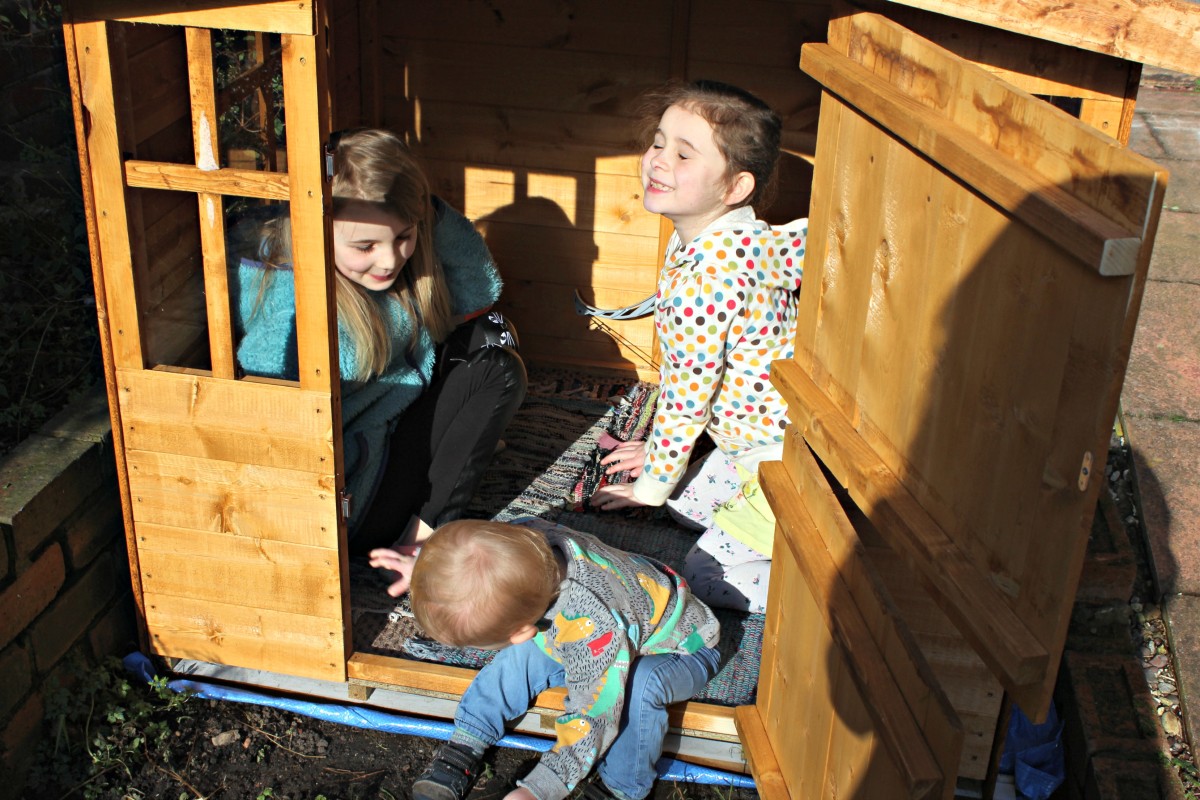Teaching Your Children to Play Nice

One of the most difficult jobs a parent can have is when trying to teach their children to ‘play nice.’ There always seems to be a squabble over something as they struggle to assert dominance over other kids and while that is part of growing up, it isn’t always easy to deal with. For new parents who have never had to referee sibling rivalry or intervene when their little one got in a hair pulling contest, some of the following tips just might come in handy.
Whether you have one child or five children, it is the job of mom and dad to help socialize their children in order to minimize those everyday quarrels. You are also working towards raising future adults who will need to get along with all sorts of people. What you do now matters more than you might think.
Our Children Learn from Our Behavior
It probably isn’t hard to remember your parents telling you that time and time again. ‘Actions speak louder than words’ is one of the most commonly spouted parental proverbs of all time and in almost every culture. It’s true, though, and sometimes we don’t act on our own advice as parents. Just look at how many times we disagree with friends and acquaintances, especially in matters of faith and politics.
A good example is the ongoing disagreements between Christians and Jews. Sometimes those theological debates you have going on with friends spill over into family life and your children witness just how heated the ‘non-argument’ can get. What kind of message is this sending?
Stop Sending Mixed Messages
You can tell your children until you are blue in the face that you weren’t arguing with your friends you were just having a friendly disagreement, but your kids know better. It was an out-and-out argument. It might be fun to dispute religion with your friends but please do so when the kids aren’t around. Those verbal disputes teach your children that arguing is something that people do. While you may disagree, heated arguments are not okay.
Feeling and Actions Are Two Different Things
If your child is hurt in some way and then decides to pull another child’s hair or step on their toes, your instinct is to tell them they are being naughty and need to stop right now. While this is true, as a parent you need to get down to exactly why they did that, whatever that might be!
You just might find out that the other child said or did something unkind or something that your child took offense to. This is where you explain that it is totally alright to feel angry but to act on it is not acceptable. Feelings and actions are two different things. They don’t need to like every child they encounter but they do need to be nice
Teaching your children to play nice starts at home with your own behavior. Model the behaviors you would like your children to learn. Teach them that feelings are always valid but acting out in anger is never acceptable. By teaching your children that they will never like all people all the time but can treat them with kindness you are preparing them to live life in the real world alongside people of all types.
That’s what you are preparing them for and what you can do if you just take time to work with them. This big world we live in is getting smaller by the day so if you want your child to live a happy life as an adult you should always stress the importance of playing nice.

Leave a Reply
You must be logged in to post a comment.